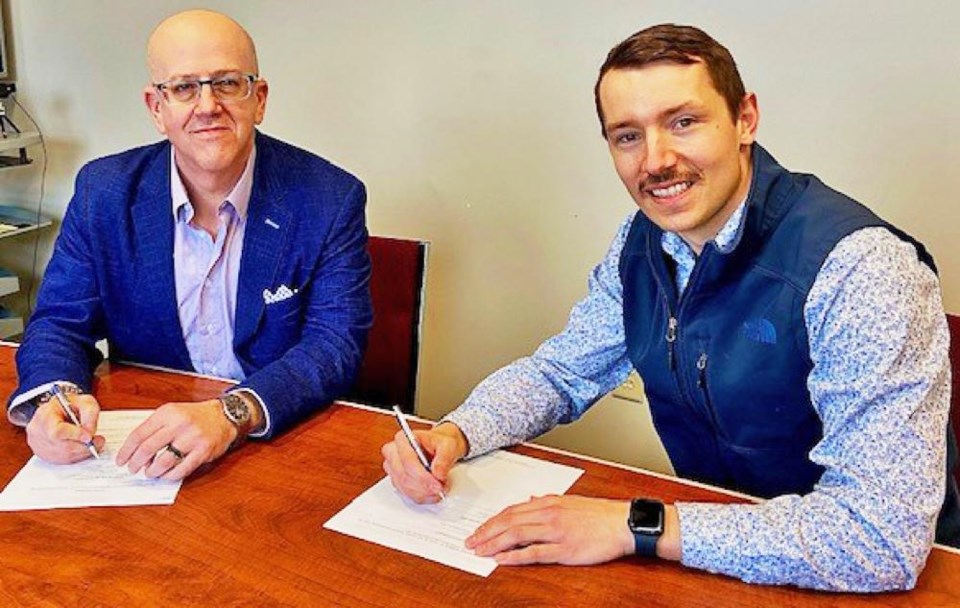WEYBURN – The Saskatchewan Health Authority (SHA) and the Weyburn Wor-Kin Shop announced a new collaboration which has been developed to better serve patients in the community.
“Improving access to palliative care equipment for our patients in Weyburn is a priority,” explained SHA Director of Primary Health, Trevor Tessier. “This service is critical for the people we serve, so we reached out to the Weyburn Wor-Kin Shop to see if we could work together to find a solution.”
Through the collaboration, the Wor-Kin Shop will pick up palliative care equipment provided by SHA and deliver it to patients’ homes in the City of Weyburn.
Equipment includes beds, monitors and much more. SHA coordinates pick-up and deliveries, while the Wor-Kin Shop takes care of the transportation of the equipment.
“It’s a collaboration that we value immensely,” said Wor-Kin Shop Executive Director, Jeff Richards. “The community has supported the Wor-Kin Shop for over 50 years, and we’re honoured to be providing this service to families at their time of need. Our staff and participants take great pride in being part of this community and the opportunity to give back is something we all cherish.”
The SHA and Wor-Kin Shop completed a one-year pilot of the project and were pleased with the outcome. A Mutual Service Agreement was signed by the two organizations in March to formalize the partnership.
“The opportunity to provide this service at no cost to the patient or the health care system was a bonus,” explained Tessier. “When a family requires palliative care equipment in their home, the last thing they should have to worry about is how they can get it to and from their home,” said Tessier. “We are now able to provide this service at no cost to the patient.”




